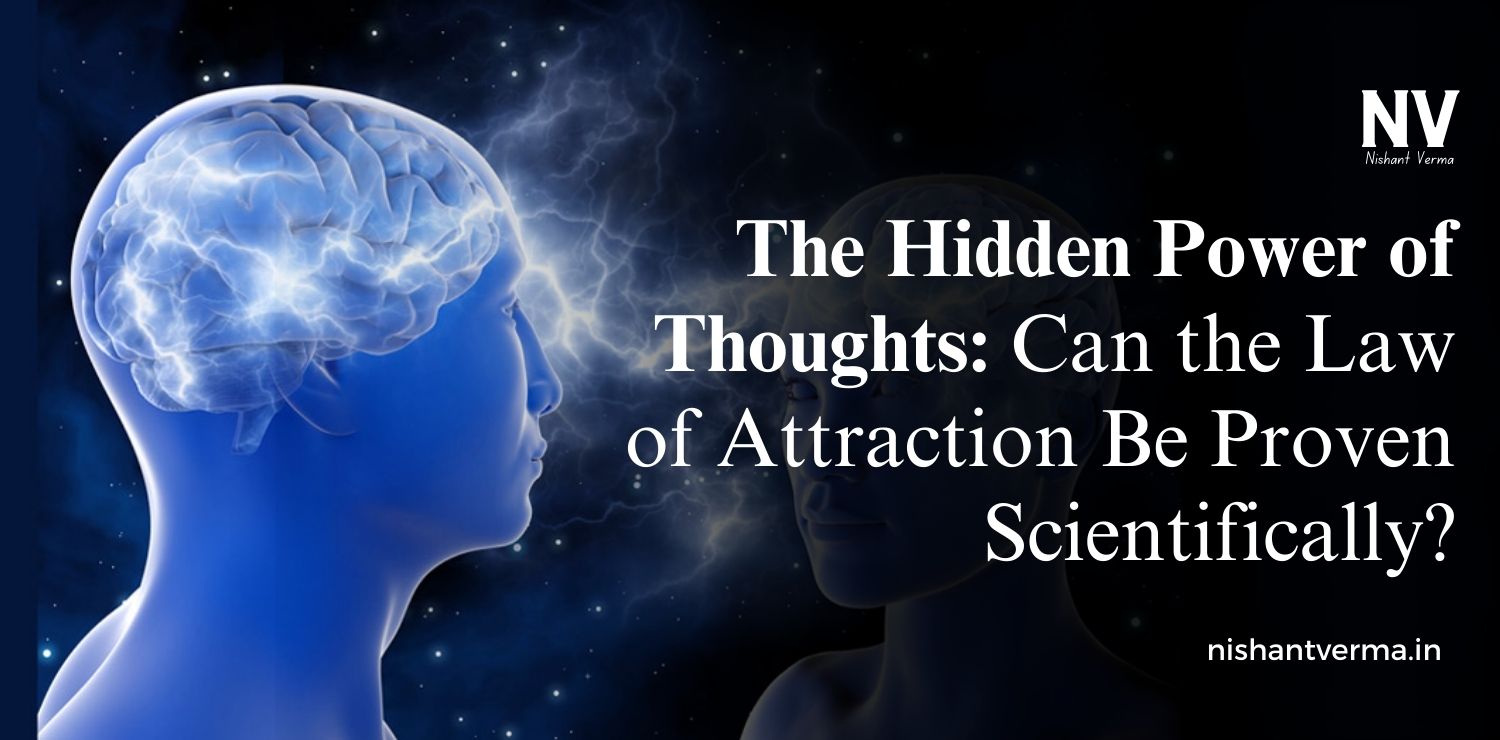The Indian struggle for independence was not just a political and military battle; it was also a cultural and social fight. While much of the freedom movement is remembered for its leaders, protests, and key events, a lesser-known but crucial aspect of the movement was the revival and promotion of Traditional Indian Medicine. This form of healing, known as Ayurveda, along with other indigenous systems like Unani and Homeopathy, played a significant role in the national movement.
The role of Traditional Indian Medicine in the freedom struggle is a story of self-reliance, empowerment, and resistance against foreign rule. Indian nationalists realized that to break free from British colonialism, it was necessary to reject not only the political system imposed by the British but also their methods of governance in health, education, and culture. The revival of indigenous medicine was part of a broader movement to reclaim India’s cultural heritage and assert its independence.
This article explores how traditional Indian medicine contributed to the national movement and helped in shaping India’s journey towards independence.
The British Influence on Indian Medicine
When the British arrived in India, they introduced Western medical practices and systems to replace the traditional healing methods practiced by Indians for centuries. The British colonial government viewed Indian medicine as primitive and unscientific, often undermining its effectiveness and dismissing its cultural value. Instead, the British promoted Western medicine, which became the dominant medical system in India.
This shift had long-lasting effects on Indian society. Western medicine, with its focus on hospitals, pharmaceuticals, and surgery, was designed to serve the needs of the British colonial administration, rather than the people of India. Access to Western medicine was limited, especially for rural communities, and many Indians were alienated from their own traditional healthcare systems.
As the British worked to displace indigenous practices, there was a growing realization among Indian leaders that India’s cultural identity was under threat. The knowledge and practices of traditional Indian medicine were being neglected, and this issue became intertwined with the broader struggle for independence. Nationalists saw the revitalization of traditional medicine as part of the cultural revival needed to achieve true freedom.

The Role of Indian Nationalists in Reviving Traditional Medicine
Leaders of the Indian freedom movement, including figures like Mahatma Gandhi, Lala Lajpat Rai, and Subhas Chandra Bose, recognized the importance of preserving and promoting traditional Indian medicine. They saw the practice as an essential part of India’s cultural heritage and a means to achieve self-reliance.
Mahatma Gandhi and Ayurveda
Mahatma Gandhi, one of the most prominent leaders of the Indian independence movement, was a strong advocate of promoting traditional Indian medicine, particularly Ayurveda. Gandhi believed that the Western medical system was designed to serve the British rulers rather than the common Indian people. He felt that Western medicine was not only expensive but also disconnected from the needs of the majority of the population, particularly in rural areas.
Gandhi was a firm believer in self-reliance (Swadeshi), and he saw the promotion of Ayurveda as a vital part of this. He actively promoted the use of herbal medicine, home remedies, and other traditional healing practices as a way to combat diseases in India. Gandhi’s simple and frugal lifestyle was a reflection of his belief in using what was readily available and accessible to all Indians, especially those in villages.
Through his support for Ayurveda and other indigenous systems, Gandhi wanted to empower Indians to rely on their own resources for healthcare rather than depending on the expensive and often inaccessible Western medical services. He also stressed the importance of public health education, self-care, and hygiene, which were all aspects of traditional Indian medicine.

Lala Lajpat Rai and Nationalism
Lala Lajpat Rai, another important leader in the national movement, also recognized the significance of traditional medicine in the fight against British rule. He was deeply concerned with the decline of indigenous healthcare systems and saw the British promotion of Western medicine as part of their larger strategy to weaken Indian culture and knowledge systems.
Lajpat Rai worked to raise awareness about the importance of Ayurveda and other indigenous healing practices. He encouraged the establishment of Ayurvedic colleges and institutions that could train practitioners of traditional medicine and preserve the knowledge of ancient healing techniques.
Subhas Chandra Bose and the INA
Subhas Chandra Bose, a prominent leader of the Indian National Army (INA), also saw the value of traditional medicine. During his time in Southeast Asia, Bose sought to establish an independent India where not only the political system but also the healthcare system could be free from foreign influence. He advocated for the use of traditional healing practices alongside Western medicine to ensure that all sections of society had access to healthcare.
Promoting Indigenous Healing Practices: Ayurveda, Unani, and Homeopathy
The promotion of traditional Indian medicine wasn’t just limited to Ayurvedic treatments. Other systems like Unani medicine (a form of traditional Islamic medicine) and Homeopathy (a system of medicine based on the concept of treating diseases with highly diluted substances) were also part of the nationalists’ efforts to reclaim India’s health heritage.
Ayurveda
Ayurveda is the ancient system of medicine that originated in India thousands of years ago. It focuses on balancing the body, mind, and spirit to prevent disease and promote health. During the British rule, Ayurveda faced suppression, and its practitioners were sidelined in favor of Western-trained doctors. However, nationalist leaders like Gandhi, Lajpat Rai, and others promoted Ayurveda as an essential part of India’s cultural heritage. They encouraged the use of Ayurvedic medicines and the establishment of Ayurvedic colleges to train future practitioners.

Unani and Homeopathy
Unani medicine, introduced to India by Persian and Arab scholars, had also been practiced in India for centuries. However, during the colonial period, it faced neglect in favor of Western practices. Like Ayurveda, it was revived by nationalists who saw it as a vital part of India’s medical history.
Homeopathy, which was gaining popularity globally during the 19th and 20th centuries, was also promoted by Indian leaders as an alternative to Western medicine. It was seen as a more affordable and accessible option for the masses. Several leaders in the freedom movement encouraged people to study and use homeopathic remedies.
The Swadeshi Movement and Indigenous Medicine
The Swadeshi movement, which called for the boycott of British goods and the promotion of Indian-made products, also included the promotion of traditional medicine. Leaders like Bipin Chandra Pal and Bal Gangadhar Tilak encouraged Indians to use indigenous medicines and remedies as a form of economic self-reliance. By choosing to rely on traditional medicine, Indians were not only rejecting British-controlled healthcare systems but also promoting Indian knowledge and skills.
The Legacy of Traditional Medicine in India’s Independence
The revival of traditional medicine during the Indian freedom struggle was not just about rejecting British influence; it was about asserting India’s cultural identity and reclaiming the country’s intellectual heritage. The nationalists’ support for traditional healing systems helped ensure that these practices were not lost to history.
In the post-independence era, traditional Indian medicine experienced a resurgence. Ayurvedic and Unani systems are now recognized as vital parts of India’s healthcare system. Today, Ayurveda is widely practiced not just in India but across the world, thanks to the efforts of freedom fighters who promoted it as a way to achieve self-reliance and national pride.
Conclusion: Traditional Indian Medicine
Traditional Indian medicine, including Ayurveda, Unani, and Homeopathy, played a crucial role in the fight for India’s independence. It was not just about healing the body but also about restoring India’s cultural and intellectual heritage. Leaders like Mahatma Gandhi, Lala Lajpat Rai, and Subhas Chandra Bose recognized the importance of traditional healing systems in the broader movement for self-reliance and empowerment.
Through their efforts, the revival of traditional Indian medicine became an essential part of the national movement, contributing to India’s freedom struggle in ways that extended beyond politics and armed resistance. Today, the legacy of this movement continues, with traditional medicine playing a significant role in India’s health and wellness industry. The freedom movement showed that true independence is not just political; it is also cultural and intellectual, and traditional medicine was a key part of this broader vision.




